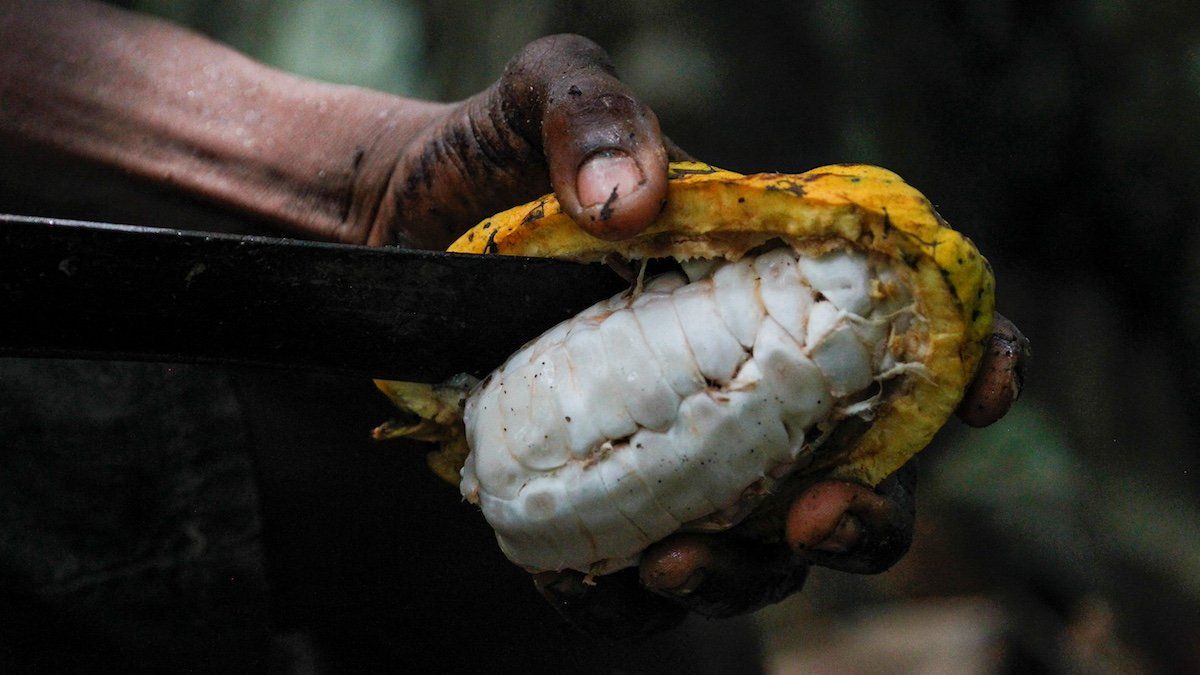The Easter Bunny is sweating over his chocolate bill this year thanks to rising prices. A ton of cocoa runs you a cool $10,000 today, double what it cost a month ago and triple what it cost this time last year. Still, the West African farmers who grow the world’s favorite treat have yet to see a windfall.
The culprit? Three straight years of bad harvests have led one manufacturer to estimate the supply of cocoa will fall some 500,000 tons short of demand in 2024. That’s about a 10% deficit – and part of the reason cocoa is growing in value faster than bitcoin.
Côte d’Ivoire and Ghana grow more than half of the world’s cocoa, mostly on small family farms. A combination of changing weather patterns and a growing problem with diseases are yielding fewer and fewer beans from each tree.
Farmers usually don’t benefit from higher prices on commodity exchanges in New York and London, since the governments in Accra and Yamoussoukro set fixed prices ahead of each growing season. This year, that was roughly $1,600 a ton. The practice has long left farmers underpaid and leads to underinvestment in their farms, which compounds dwindling productivity.
Long term, analysts say chocolate prices for consumers could double. With no easy way to boost production, this means the Easter Bunny may face an even bigger hop into next year’s baskets.